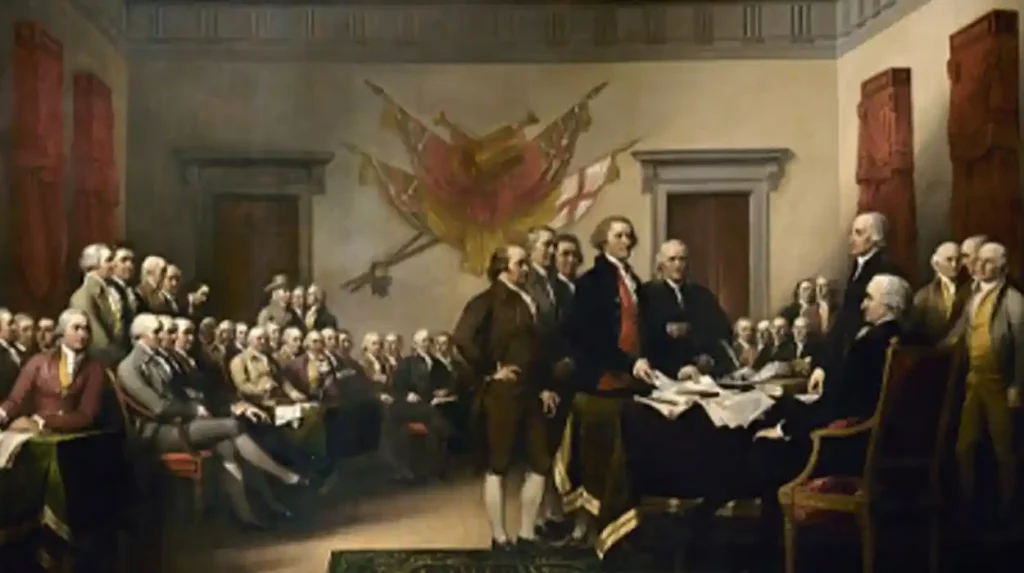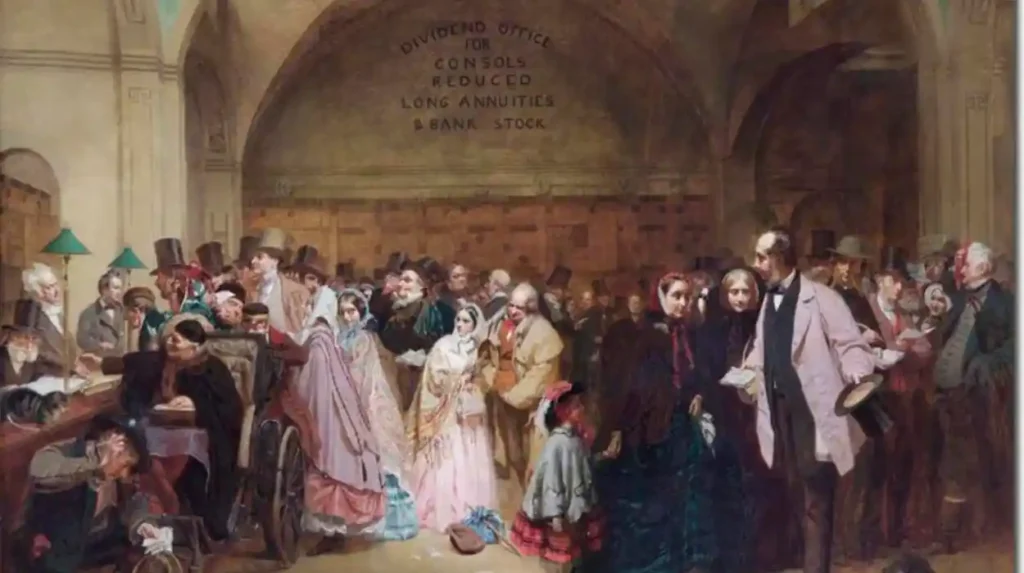There was a time when the British Empire ruled unchallenged over the world when it came to size; there was neither a continent without British territory nor a people not added to its empire. At the turn of the 20th century, this vast empire governed almost a quarter of the world population. But, within a few decades, it became the figure of dissolution. The reasons for this were multifaceted and interrelated, from political to economic, social, and geopolitical. The study identifies the main causes of decline, tracing the route from imperial supremacy leading to the eventual end of colonial rule.
1. The Economic Burden for Maintaining the Empire:
One of the primary reasons for the decline of the British Empire was the huge financial drain on it because it had to maintain such overseas colonies and invest more in administration, military defense, infrastructure, governance, and others. By the early 20th century, the benefits of such a large empire no longer paid out. Competition among industrial powers reduced Britain’s dominance in the global market; little economic benefit could come instead of the ever-increasing cost of maintaining such an empire. The last severe strains on finances came after significant wars and caused deficits in budgets at home with economic instability.
2. Impact of the World Wars
Both world wars dealt a major blow to the British Empire. World War I depleted British finances and killed millions of people, which made it difficult to control remote areas. After the war, Britain had to repay its debts, contend with inflation, and start to rebuild its economy. World War II was even more damaging. The war for Britain was about borrowing money. Britain especially borrowed money from the US when it entered the Lend-Lease program. By the end of WWII, Britain was economically exhausted and dependent on American help, which created another barrier to sustaining imperial dominance.

3. Rising Nationalism in Colonies
Nationalist movements in the Caribbean, Asia, and Africa challenged British power and authority. Many of these movements were inspired by aspirations for self-determination that had attracted global visibility in the wake of World War II. The independence movements of Mahatma Gandhi in India and Kwame Nkrumah in Ghana. And Jomo Kenyatta were attempts sought out by their citizens to claim independence. Even faced with plenty of internal and external pressures, Great Britain could no longer contain these demands and remain free of overall global condemnation. Nationalism was an enormous factor in the slow closing chapters of the British Empire.
4. Changing Global Political Scene
Dramatic changes in world politics occurred during the middle of the 20th century. Emerging as superpowers following World War II, the United States and the Soviet Union sparked the Cold War. From different philosophical angles, both countries rejected conventional colonial empires. Decolonization was advanced by international bodies like the United Nations, adding diplomatic pressure on Britain. As colonialism came to be regarded as antiquated and unfair, the world environment ceased to be conducive for preserving a great empire.
5. Fall of Military and Naval Supremacy
Historically, Britain’s power depended on its navy, which let it dominate maritime routes and project military power worldwide. But by the middle of the 20th century, Britain lacked the military of the Soviet Union or the United States. Economically unfeasible, preserving a substantial naval presence over many areas. Moreover, developments in military technology, notably air power and nuclear weapons, lowered the strategic benefit of conventional naval dominance. Directly affecting Britain’s capacity to maintain imperial control, this loss in military dominance.

6. Loss of trade monopoly and economic competition
Britain ruled world trade in the nineteenth century. But by the early 20th century, other nations had caught up in terms of industry. Powerful rivals, the United States, Germany, and Japan cut Britain’s economic lead. Former colonies started to create their own enterprises as well, reducing their reliance on British products. The trade monopoly loss implied that Britain could not depend on the empire for sure riches anymore.
7. The Role of the United States
The fall of the British Empire was complicated by the United States. Though it was a friend during both World Wars, it also promoted self-determination and resisted European colonialism. The U.S. promoted free trade and economic independence for former colonies via the International Monetary Fund and the World Bank. Directly urging Britain to recognize territories’ independence, particularly during the Cold War when winning the loyalty of newly independent states was strategically crucial, American foreign policy occasionally pushed Britain.
8. Social Transformations inside Great Britain
By the middle of the twentieth century, British society had altered. With many doubting the ethics of colonial control, public attitude drifted far from imperial goals. Domestic issues in postwar Britain included unemployment, inadequate housing, and the necessity to restore infrastructure. Citizens sought the government’s attention toward raising living standards at home instead of wasting money on distant colonies. Moreover, changing British society, immigration from former colonies helped to close the gap between the empire and the homeland.
9. Decolonization of important areas
The pace of decolonization increased after WWII. When India became free in 1947, it was a major turning point in global colonization. Other Asian and African countries followed in rapid succession: players like Nigeria (1960), Kenya (1963), and Ghana (1957). The Suez Crisis of 1956 further cemented Britain’s diminishing position when they were forced to leave Egypt after the United States and the United Nations made it clear that Britain’s intervention would not be permitted. Every time a country lost a major colony, this sped up the end of the British Empire and tarnished Britain’s image internationally.

10. The Suez Crisis as a Pivotal Turning Point
Many people view the Suez Crisis as the symbolic event signaling the end of Great Britain’s status as a world power. Following Egypt’s nationalization of the Suez Canal, Britain, France, and Israel started a military campaign in 1956 to regain authority. But intense American and Soviet resistance drove Britain to leave. This humiliation exposed Britain’s dependency on U.S. help and proved its incapacity to act alone on the world scene. Furthermore, the event that promoted decolonization in Africa and the Middle East was the event.

